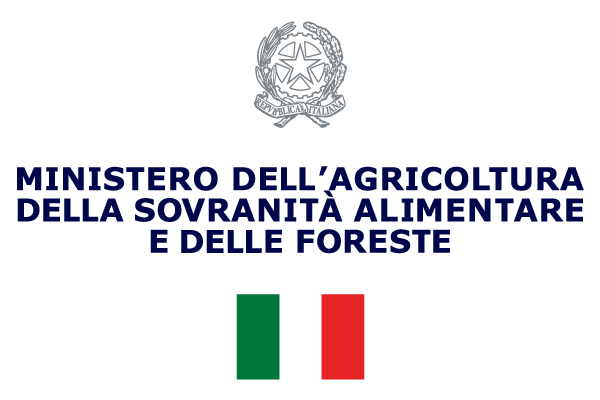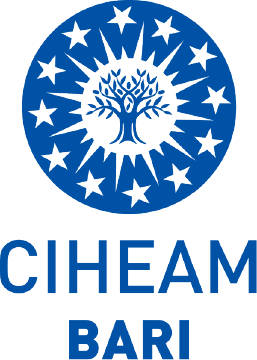To fulfill its mission, the Rodale Institute created a study that would use the most credible analytic methods to compare the side-by-side results of organic and conventional farming practices from a variety of perspectives and planned to share that knowledge with farmers, scientists, and policymakers. Over the last 40 years, the research has evolved and broadened, building a deeper body of information with each passing season. The study tracks the impact of different practices on the farm’s economic viability and energy usage, the nutritional quality of the food produced, the health of the soil, and the water that flows through the systems; it also measures the impact of these practices on the environment as a whole. The research continues to demonstrate that organic farming strategies consistently match or outperform common conventional practices and yield a wide range of benefits for producers, consumers, and the world.






